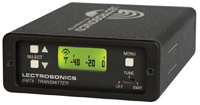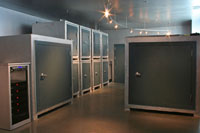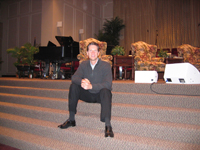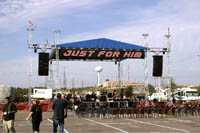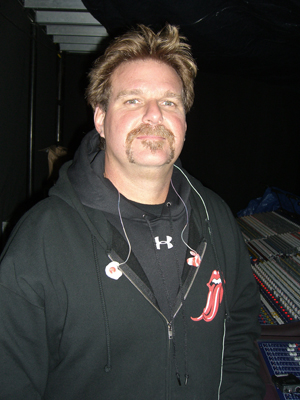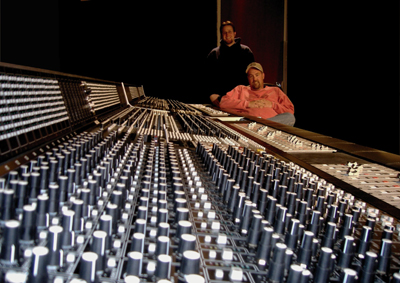Lectrosonics IFBT4 Interruptible Transmitter
RIO RANCHO, NM — The Lectrosonics IFBT4 (Interruptible Fold Back) base-station transmitter replaces the analog IFBT1 unit and is a 250 mW Digital Hybrid Wireless transmitter for IFB and other types of radio links such as camera hops, relay stations and delayed loudspeakers. It is compatible with all Lectrosonics 100, 200, 400 and IFB receivers, along with receivers from two other manufacturers (contact Lectrosonics for details). In 400 mode, the IFBT4 and associated receivers operate without analog companding artifacts. The IFBT4 is designed for use in broadcast, motion picture, theatre and stage applications. The IFBT4 can be used as part of a stand-alone system or patched directly into intercom systems. A "tuning" mode is included so that the transmitting frequency can be selected without broadcasting.
Read More »